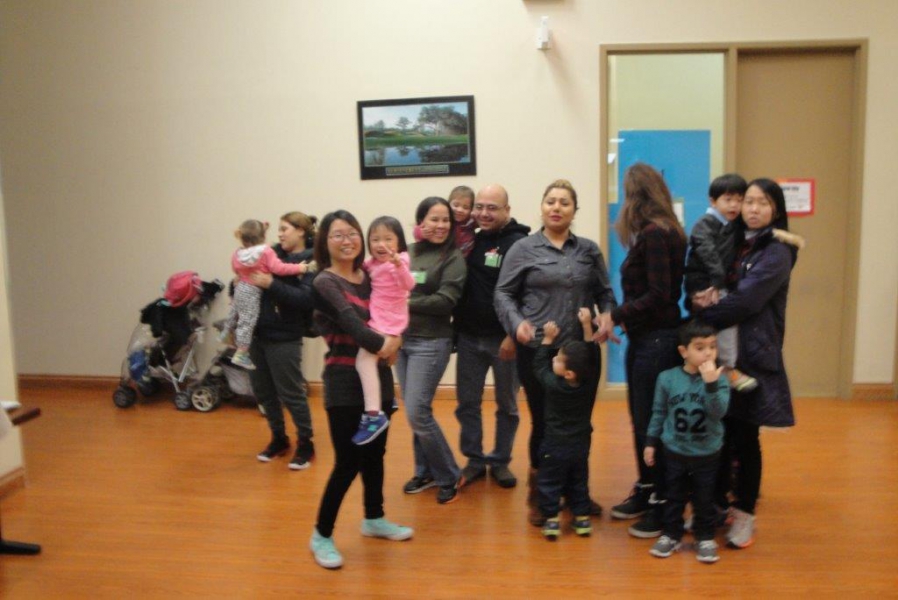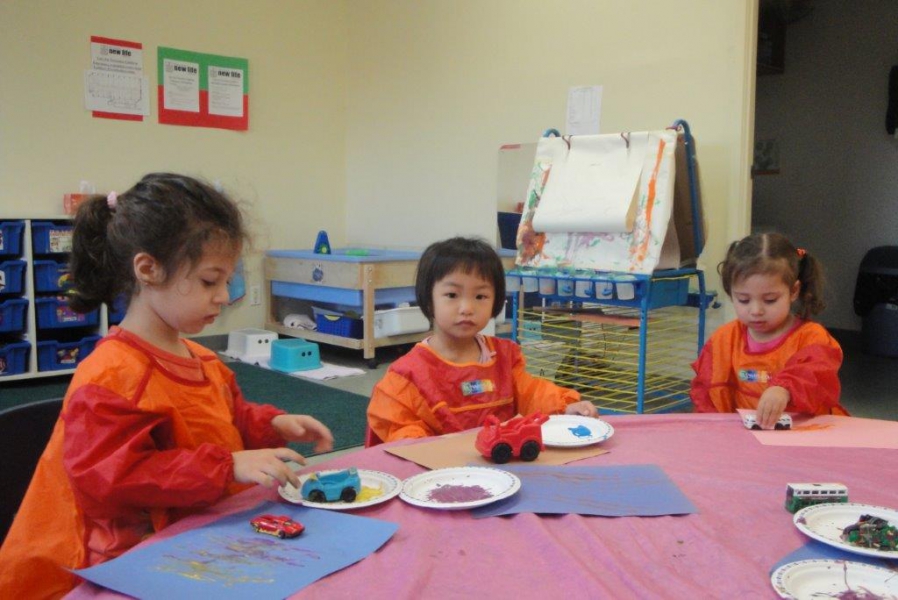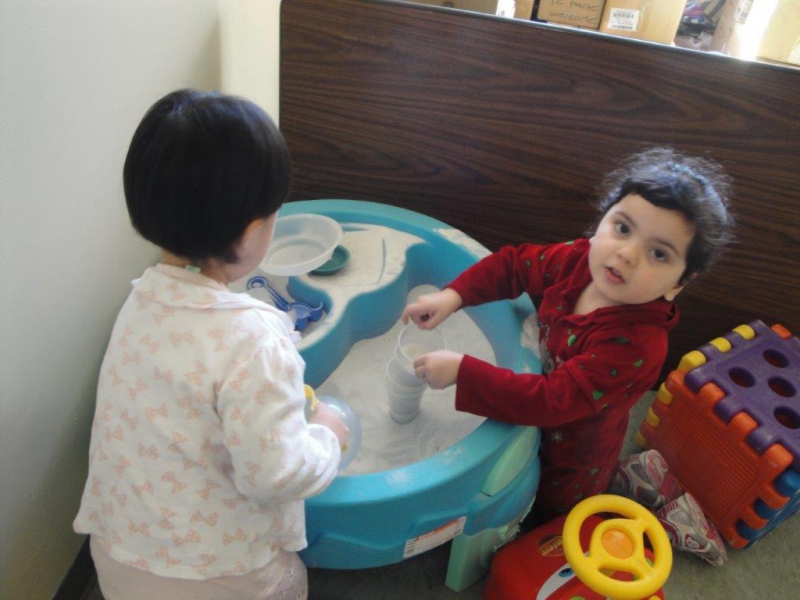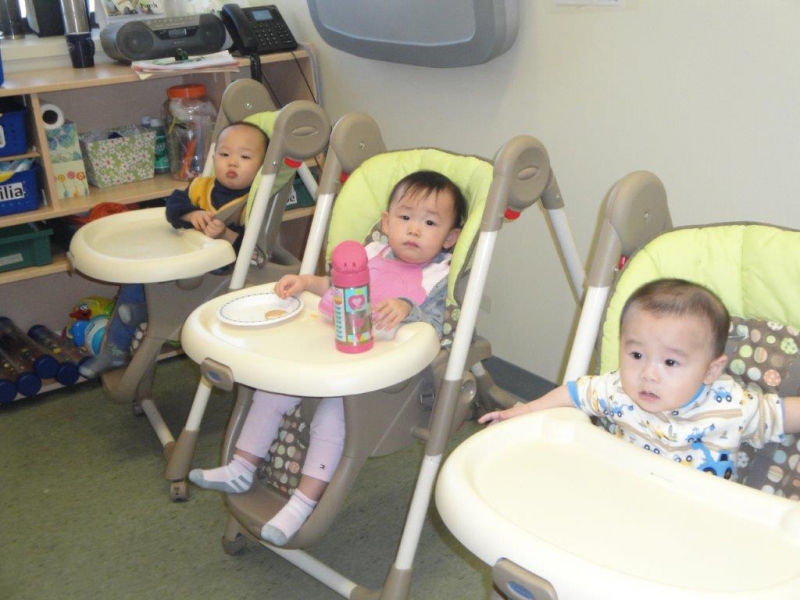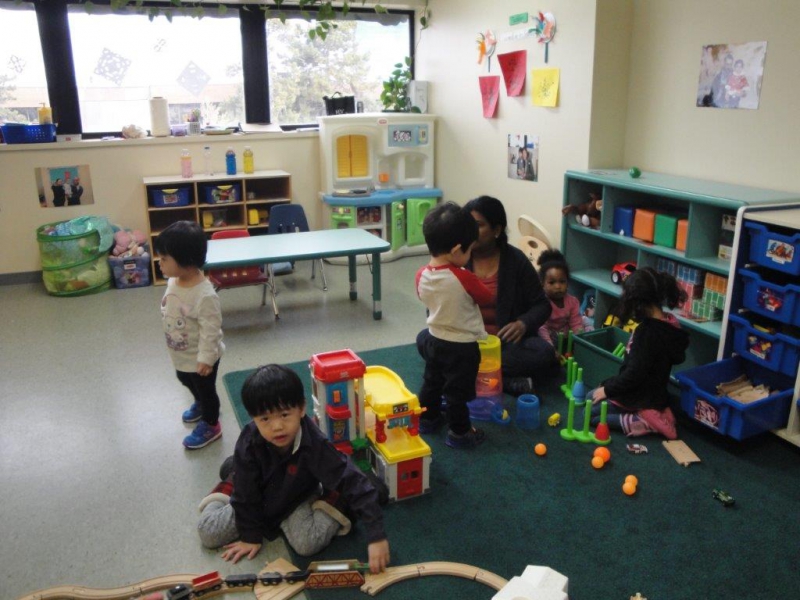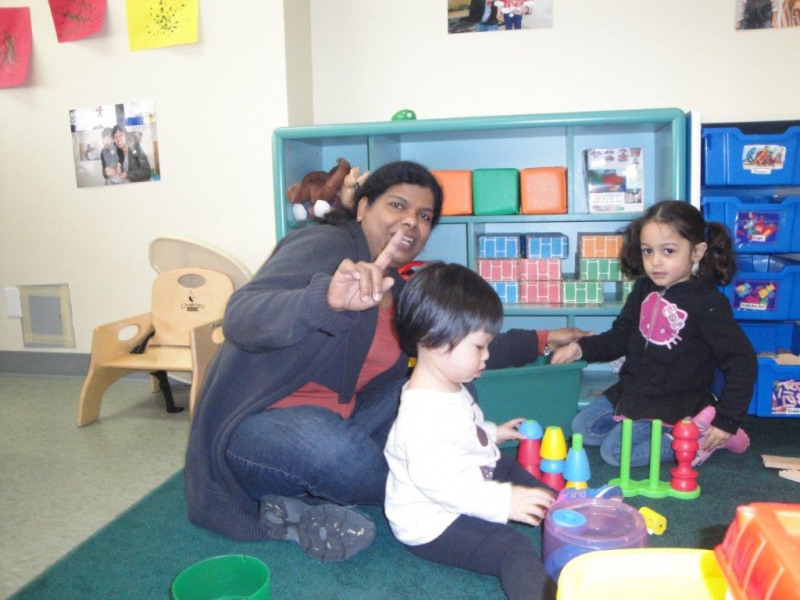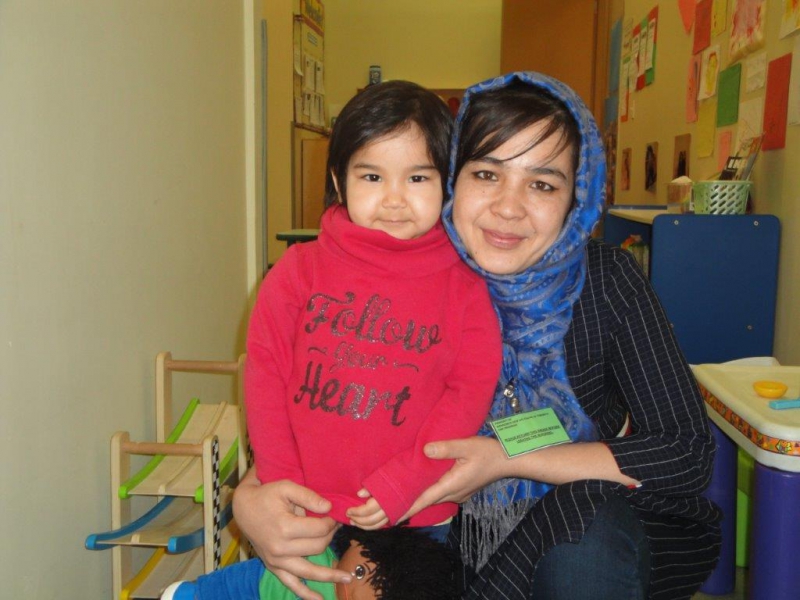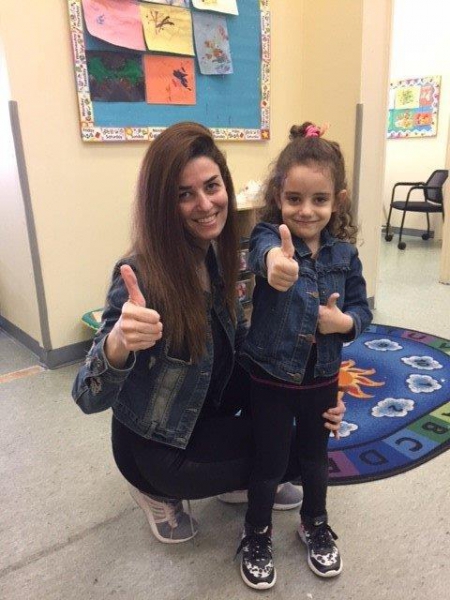Helping Parents Get Ready for the School System
WHY START A PARENT COUNCIL?
A parent council allows the families to:
- Get comfortable talking about parenting needs
- Access information that helps them with parenting
- Easily transition to the parent councils in the school system
- Develop supportive relationships with other parents
- Help them get the most from the education system
Mennonite New Life Centre of Toronto believes it is important to help immigrant parents take an active role in their child’s education. This can be challenging for families who find the school system in Canada very different from what they were used to in their home country. For many newcomer parents, opportunities for their children’s success were a major motivating factor in their decision to migrate. But what happens when you don’t understand the education system, you’re not sure what your child is learning, or you’re concerned that they might not be making the progress they should in school?
Parents can feel lost and unsure of how to connect with the school. One way to get answers is to become involved with the school and parent council. The more engaged a parent is, the more they understand the education system, and the better they can support their child’s success.
By participating in events through a school’s parent council, they can get to know the teachers and school administrators, and get a better understanding of what and how their children are learning. To help parents of children in the CNC program make that leap, Mennonite started a Newcomer Parent Council. Modelled on the parent council structure they will have when their child enters the school system, it’s a gentle and welcoming introduction to the concept.
These monthly sessions teach parents about their role in education in Canada and how to advocate for their children. More than that, the council offers information on making community connections that will provide further support. The program has been holding parent council meetings for over five years. Hosted by the staff (Admin and CNC), these were originally intended to be led by parents. However, language limitations and experience prevented them from taking more of a leadership role. To overcome language barriers, parents who speak the same language are often seated together. Other times, they bring in translators.
The agenda is based on conversations with parents and questions that come up during the month. There is also an introductory presentation at the start of a meeting if new members join. This is common, given that families enter on an ongoing basis into the school. The presentation covers questions like how to register for school. In addition, council sessions offer more advanced guidance, like what to ask and say when meeting with a teacher or principal.
“As immigrants, we end up leaving our children in a school system we don’t know for several hours per day. Unless you are on top of things, you may have no idea what your child is doing, so it is difficult to trace progress. When you first walk into a school it can be very intimidating,” says Jorge Silvestri, Mennonite New Life Centre’s LINC Manager. “Language is one barrier—you don’t know who to talk to or how to talk to them. Lack of knowledge is the other. You need to know the layout of the school, the principal, teachers and what is going on in the system itself.”
While the focus of the council is on introducing newcomers to the school system, topics vary from month to month and include other practical information about how to parent in a new culture and society. For example, in the October meeting, the council had a Halloween safety orientation. With winter on the horizon, they also discussed the flu season and how to get a vaccine. For the next meeting, how to dress your children for winter is on the agenda. Sometimes, there are guest speakers, such as a public health representative and even ECE students helping in the CNC program who speak on a variety of parenting issues.
Parents need to connect their child with the community, so frequent discussions focus on subjects like after school programming. “Entertainment is one piece,” explains Jorge. “The other piece is through this entertainment, families can grow and integrate by learning to love the city and culture where they live.”
The council meetings offer resources about activities like parks, skating, and swimming pools—including free programs. They also share some helpful advice. Things that many people take for granted, like registering children for summer programs in March to ensure there is space, is new and important information for immigrants. Without organizing programming in advance, children end up indoors all year and miss opportunities.
Many parents are here so their children can have such opportunities—and so they can be safe and have a better education. During meetings, parents are reminded that they also need to have a life and find a connection with the culture. “You need to show children that you are becoming Canadian too—and that will trickle into a connection with them. Don’t alienate your children to keep your own culture,” Jorge cautions. “Going back and forth between cultures is the key to success.”
Central to this is the importance of working on the dynamics of what is going on with their lives in Canada. Otherwise, immigrants may wander away from the nucleus: the family idea of supporting each other. That is when the confrontations start. It becomes hard to raise children to embrace the Canadian culture, food, music, and language—all without abandoning their own.
Through the parent council, families get the support they need to make important decisions and be proactive in their children’s education and beyond. “Many things may be up in the air, but with more information, you leave less room for unknowns,” says Jorge. “Newcomers often find walls and closed doors. But they will not find them here. The Parent Council builds bridges in different ways with as many people as possible.”

